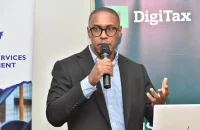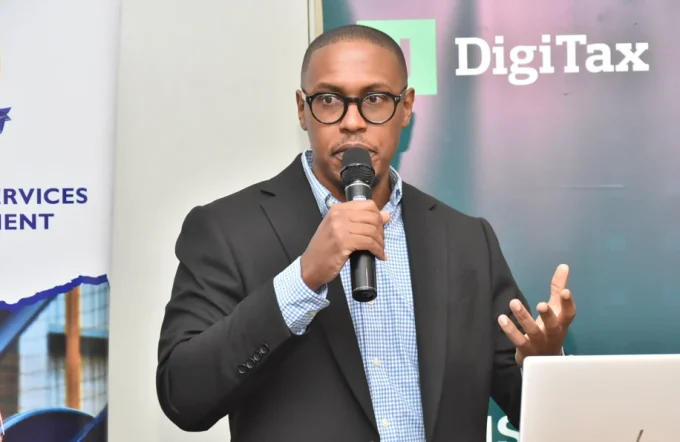June 18 (Nairobi–Xinhua) Kenyans will have a greater say in the management of public funds in future after civil society lobbies on Monday launched a web portal to help track allocation and use of money by various sectors of the economy.
Twaweza Communications, a grassroots watchdog, launched the budget explorer to illustrate government spending trends since 2002 and expand citizens’ participation in budget making process.
“Enhancing citizen’s access to information and platforms that promote transparency in the public sector is key to transforming their livelihoods. Active participation of ordinary citizens in budget decisions will transform public services,” Kenya Country Manager of Twaweza East Africa Nduko Matigere said in Nairobi.
Twaweza promotes transparency and accountability in budget making processes alongside greater citizen participation in resource allocation to critical sectors of the economy.
“Citizens are critical to sustainable change in areas as diverse as education, health, water and governance. They should liaise with the government to streamline allocation of resources to seal loopholes that encourage waste,” Matigere stressed.
The Kenyan Budget Explorer is a dashboard showing government expenditure and enabling citizens to track use of public funds and report on malpractices promptly. Rose Aiko, a budget Specialist at Twaweza, said the explorer is an online portal offering real time information on how funds are allocated to various sectors at national and county level.
“The explorer enables citizens to access information on government expenditure. It also indicates demographic trends and poverty status across the country,” said Aiko. Open data tools can help improve accountability in government, expand space for citizens’ participation in governance to advance social, economic and political transformation in a country.
Chris Finch, a Senior Social Development Specialist at World Bank, challenged the Kenyan government to improve data access from both supply and demand side.
“There is need to put systems/platforms that track funds disbursement and service delivery at national and county level,” said Finch, stressing the need to decentralize budget systems and service provision to enable citizens monitor how the public coffers are spent.
The World Bank has partnered with various stakeholders to support grassroots lobbies in Kenya to develop platforms that promote data access. “Kenya is a leader in open data since the launch of open data portals by the government last year,” Finch said.
He noted collaboration between the public and private sector as well as civil society is key to sustainability of open data platforms. “Global trends show that coordination is key to make open data tools work,” Finch stressed.
The Kenyan government has expanded data access to developers and innovators to enable them to come up with applications that promote openness in public service delivery.
Linet Kwamboka, an official at Kenya ICT Board, revealed that applications that have been developed from open data portal include Fahamu, Huduma, County Scorecard and Virtual Kenya. “Open data boosts transparency and will enable citizens’ access information on budgets, census, health and education,” Kwamboka said.
According to him, Kenya has adequate infrastructure to spur development of applications that promote openness in the public sector. “An estimated 92 percent of Kenyan households have access to a mobile phone and 20 percent have access to a computer. Internet access is at 60 percent and this windfall should be harnessed to open up data,” Kwamboka said.
















































![Pula Co-Founders and Co-CEOs, Rose Goslinga & Thomas Njeru. Pula provides agricultural insurance and digital products to help smallholder farmers manage climate risks, improve farming practices and increase their incomes. [ Photo / Courtesy ]](https://businesstoday.co.ke/wp-content/uploads/2021/01/Pula-Co-Founders-and-Co-CEOs-Thomas-Njeru-Rose-Goslinga.jpg)




























































Leave a comment